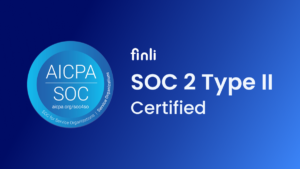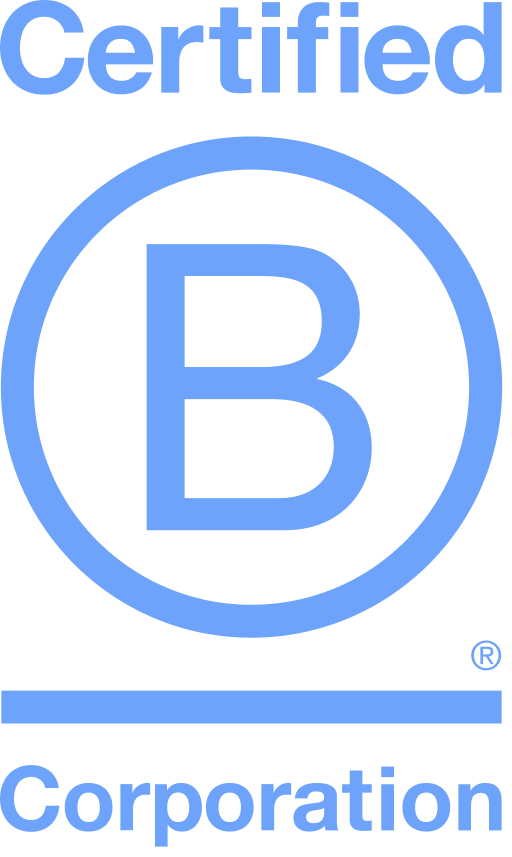Many small business owners struggle to create professional quotes and streamline their quote management process to win more new business. Often times, proposals are difficult to understand, don’t meet the expectations of the customer, or simply get lost in between follow-ups.
Here’s a comprehensive guide to help you win more jobs:
What Is a Quote for a Job?
A job quote is an estimated price a service provider or contractor provides for a specific task or project. It outlines the expected costs for materials, labor, and additional fees, helping the client understand the financial commitment before work begins. The quote is typically not a final price but an estimate based on current details of the job.
Important Parts of a Quote
The important parts of a job quote include:
- Description of Work: A clear outline of the tasks or services to be performed.
- Materials and Labor Costs: A breakdown of the materials needed and associated labor charges.
- Total Estimated Cost: The sum of all costs, including materials, labor, and any applicable taxes or fees.
- Timeframe: The expected start and completion dates for the project.
- Payment Terms: Information on how and when payments are due (e.g., upfront deposit, installments).
- Validity Period: How long the quote is valid before prices may change.
- Terms and Conditions: Any special conditions, warranties, or clauses related to the work.
Each of these ensures transparency and helps avoid misunderstandings between both parties.
How to Write a Professional Quote for a Job that Attracts Customers in 8 Easy Steps
Writing a professional quote that attracts customers involves clarity, detail, and professionalism. Here’s how to create one in 8 easy steps:
- Header Information: Include your business name, logo, and contact details. This makes your quote look professional and easy to identify.
- Client Details: Add the client’s name, address, and contact information to personalize the document.
- Job Description: Clearly outline the tasks or services you will provide. Be specific to avoid misunderstandings later.
- Cost Breakdown: Itemize all costs, including labor, materials, and any extra fees. Ensure transparency to build trust.
- Total Price: Clearly state the overall estimated cost, including any taxes. This should be bold and easy to find on the page.
- Timeframe: Mention when the job will start and the estimated completion date, so the client knows what to expect.
- Payment Terms: Define how and when payments will be made. Include details like deposits, installments, or payment deadlines.
- Terms and Conditions: Outline any guarantees, warranties, or other important clauses that protect both parties.
Providing this information clearly shows professionalism and builds customer confidence. By using Finli, all these details are taken care of automatically.
You just need to set up your client information, pricing items and then add them one by one. Our professional mainframe for quoting does the job for you.
Quote vs Proposal: What Are the Differences?
A quote and a proposal serve different purposes, even though both offer pricing details. Here’s how they differ:
- Purpose:
- A quote gives a fixed or estimated price for specific services or tasks. It’s a short document meant to secure a job based on straightforward cost.
- A proposal provides a detailed plan or strategy for a project. It includes a broader scope of work, timelines, methods, and pricing. It often aims to win a project by offering solutions and demonstrating expertise.
- Detail Level:
- A quote is generally simple and direct, focusing primarily on costs and basic project details.
- A proposal offers more comprehensive information, often including background on the company, project methodology, and how goals will be met.
- Customization:
- A quote is typically less tailored to specific clients beyond the job at hand.
- A proposal is highly customized, focusing on the unique needs of the client and offering solutions beyond just pricing.
- Flexibility:
- A quote often provides a firm or estimated price that is generally non-negotiable once accepted.
- A proposal allows more room for negotiation and discussion before finalizing the project scope and cost.
- Length:
- A quote is usually one page or a simple document.
- A proposal can be much longer, detailing project strategies, timelines, and key personnel.
In short, quotes are for simple pricing, while proposals are for winning larger, more complex projects.
Quote vs Invoice: What Are the Differences?
A quote and an invoice serve different functions in the business process. Here’s how they differ:
- Purpose:
- A quote provides an estimated price for a service or product before the work is done. It helps clients understand the potential costs before committing to the job.
- An invoice is a request for payment after the work is completed or the goods are delivered. It lists the amount due for services or products already provided.
- Timing:
- A quote is sent before work begins to inform the client of the expected costs.
- An invoice is issued after the work is done or the product is delivered, asking for payment.
- Content:
- A quote includes estimated costs, a description of services or goods, and often the timeframe for completion.
- An invoice contains the final charges, details of the completed work or delivered goods, payment terms, and due dates.
- Legal Standing:
- A quote is not legally binding unless accepted by the client and turned into a contract.
- An invoice is a formal demand for payment and can be used to enforce payment legally if necessary.
- Client Action:
- A quote requires the client to review and approve before any work is done.
- An invoice requires the client to make payment within the specified timeframe.
In summary, a quote provides cost expectations before a job starts, while an invoice is a formal request for payment after the work is complete.





